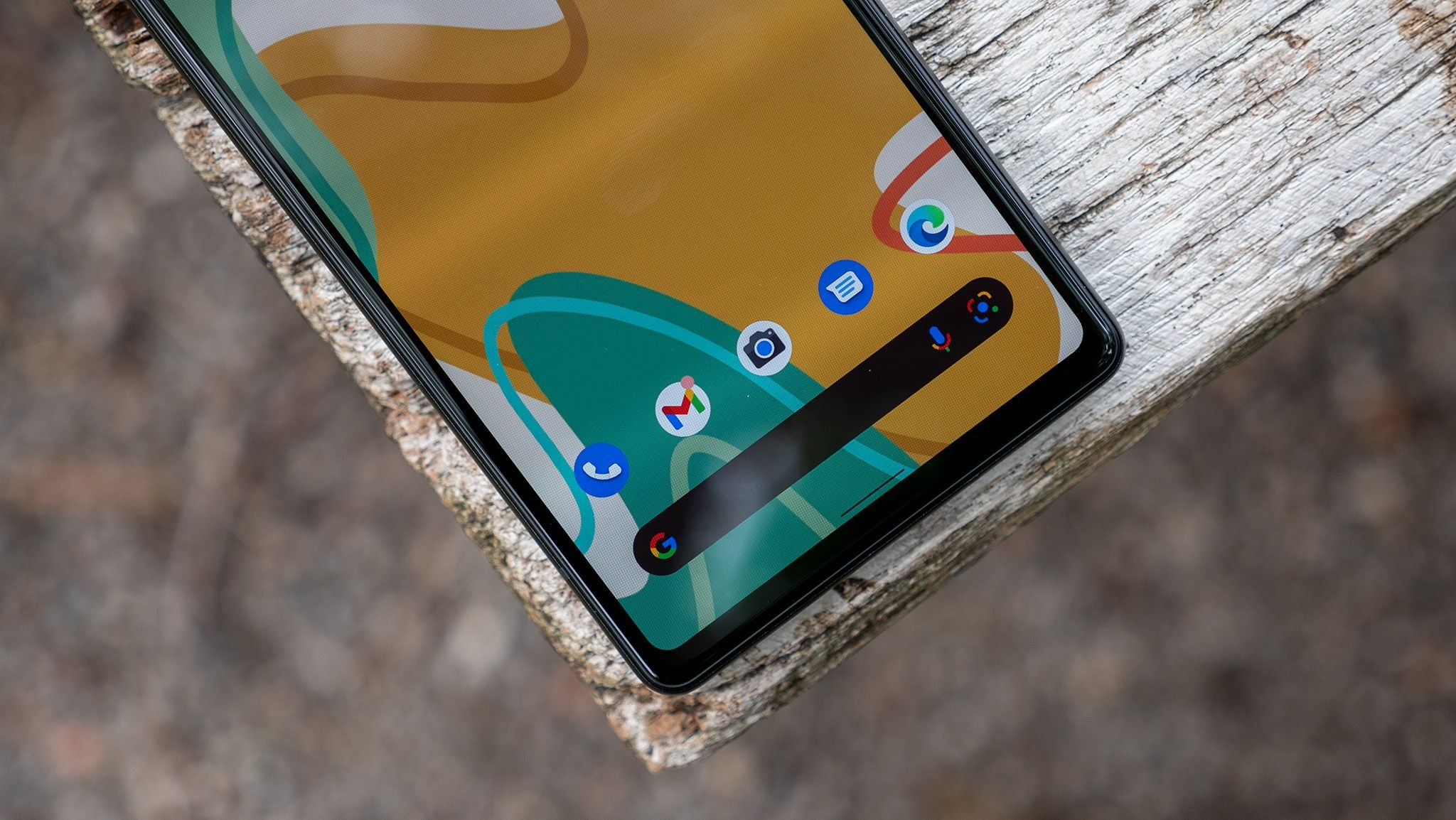Bing is better than people think, or at least that’s what some said after participating in a study.
The study, titled Sources of Market Power in Web Search: Evidence from a Field Experiment, evaluates the economic forces that contribute to Google’s large share of the search market.
Several findings from the study are interesting and relevant to ongoing court cases about web search. One key takeaway is that many people have never tried search engines other than Google.
For the study, academics from Stanford University, the University of Pennsylvania, and MIT designed and performed an experiment with around 2,500 participants in which people were paid to use Bing instead of Google for two weeks. After that time, participants were given the choice to continue to use Bing or to go back to Google.
While the majority of participants stuck with Google, roughly 22% continued to use Bing. A follow-up survey was sent out to some participants, several of whom selected the option “Bing was better than I thought it would be” when they explained why they continued to use Microsoft’s search engine.
According to the study’s abstract:
- Requiring Google users to make an active choice among search engines increases Bing’s market share by only 1.1 percentage points, implying that switching costs play a limited role.
- Google users who accept our payment to try Bing for two weeks update positively about its relative quality, with 33 percent preferring to continue using it.
- After changing the default from Google to Bing, many users do not switch back, consistent with persistent inattention.
The third point is particularly interesting because it lends validity to claims regarding why Google pays to have its search engine be the default on smartphone web browsers. Google is in the middle of a court case centered on whether the company holds an illegal monopoly in web search.
The study states that according to the model used, Bing would see a market share boost of 15 percentage points if frictions related to search engine choice were removed and user beliefs were corrected.
Is Google a monopoly?
While the study is entertaining to those who have followed Bing for years, it provides important insight into why people use Google as a search engine.
Google has recently come under scrutiny from the United States Department of Justice (DOJ).
Last year, a federal judge ruled that Google’s payments to make the company’s search engine the default on smartphone web browsers violated antitrust law.
A recent DOJ filing claims that Google uses monopolistic practices that leverage search dominance in other markets.
“Google has robbed consumers and businesses of a fundamental promise owed to the public—their right to choose among competing services,” said the filing.
That case is still ongoing, and the DOJ’s statements were proposals, not legal requirements. Google disagrees with the April filing and the company found itself back in court as of April 21, 2025.
OpenAI has expressed interest in acquiring Chrome if Google is forced to sell it, though the company noted that many other parties would also be interested.





